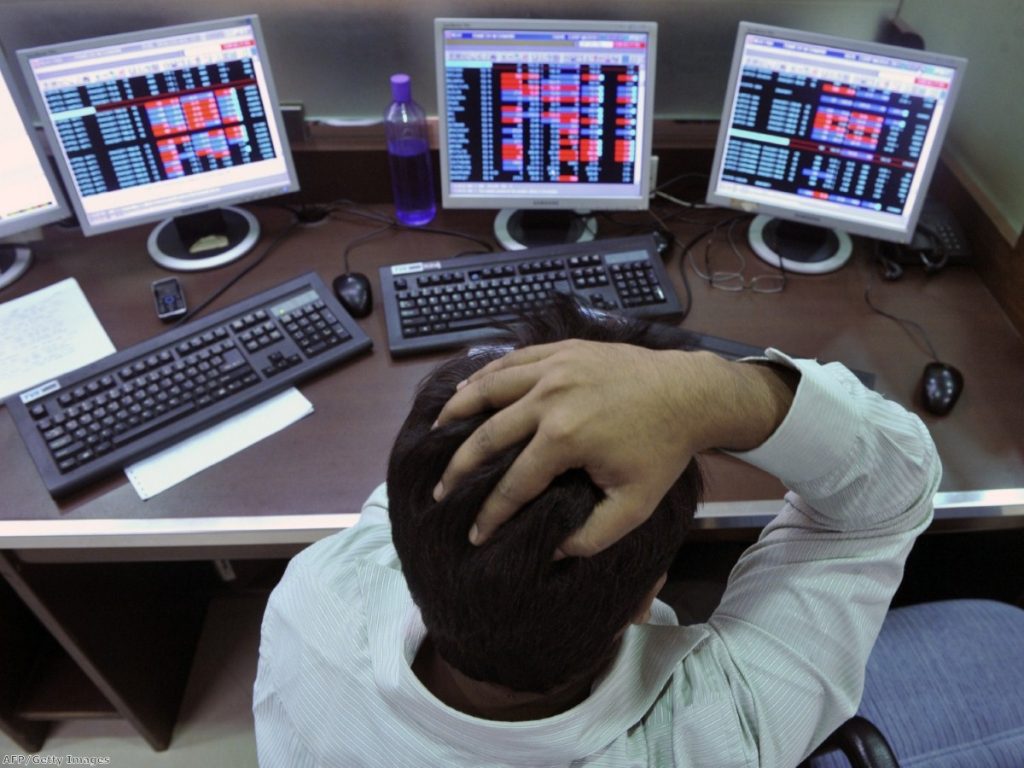British leaders on holiday as economy teeters on the brink
By Ian Dunt Follow @IanDunt
Westminster observers were asking why David Cameron, Nick Clegg and George Osborne all decided to holiday at the same time today, as a market slump prompted fears of a return to global recession.
Foreign secretary William Hague is the senior Cabinet secretary in London but Downing Street insists Mr Cameron is still in charge, despite being in a villa in Tuscany on a family holiday.
"The government is always operating 24 hours a day," Mr Hague said. "We're not in the 18th century."


The foreign secretary insisted that Britain was not in the "firing line" because of the "difficult decisions" the government had taken on the economy, but he confirmed that he had spoken to the prime minister and was travelling to Whitehall to chair a meeting with officials.
"The British government is monitoring the situation extremely closely. We're in touch with our European counterparts," he added.
Downing Street confirmed George Osborne would telephone Bank of England governor Mervyn King from his holiday in California this evening.
Business secretary Vince Cable told Sky: "The fact that some ministers are on holiday here and elsewhere is frankly immaterial."
While former deputy prime minister John Prescott spent the day asking where the government was on Twitter, Alastair Campbell sent out a different message.
"I don't join the chorus calling for 'someone to come back' as a kind of 'something must be done' therapy for the nation," he said.
"But I would be surprised if Osborne and Cameron are not spending at least a third of their waking hours on the phone or reading briefing papers rather than books."
The FTSE closed down 2.7% this afternoon as the global market chaos continued. Some £38 billion was wiped off the value of the top 100 companies today alone.
The index has endured the fifth-largest weekly fall in its history and easily its most disappointing period since the collapse of Lehmans in 2008.
European leaders swung into action, with French president Nicholas Sarkozy holding crisis talks with German chancellor Angela Merkel and Spanish prime minister Luis Rodriguez Zapatero.
Banking shares have been particularly badly hit, with the Royal Bank of Scotland down nine per cent and Lloyds losing seven per cent.
US unemployment figures served to partially calm the markets, with a better than expected 0.1% improvement reflecting the creation of 117,000 jobs. While the Dow Jones opened well upon hearing the news, the confidence did not last long and it quickly started to tumble again.
The slump suggests that the market is extremely pessimistic about the deal stitched together in Washington earlier this week, which left most commentators on the political left and right unsatisfied.
With Spanish and Italian borrowing costs rising sharply due to fears over their ability to maintain debt repayments, many observers have started openly worrying that the world economy could be about to replay the crash of 2008.

